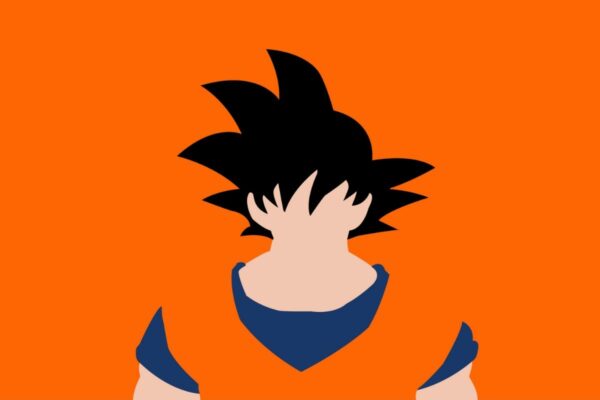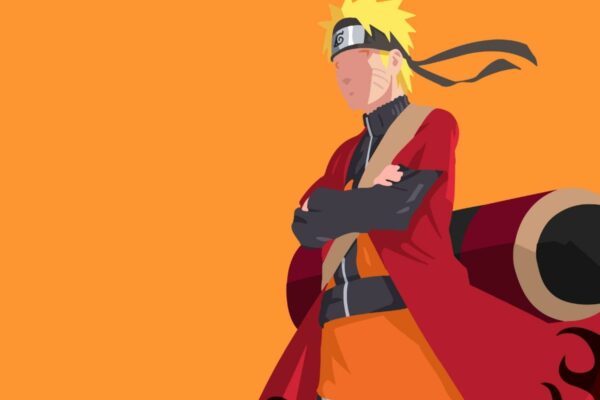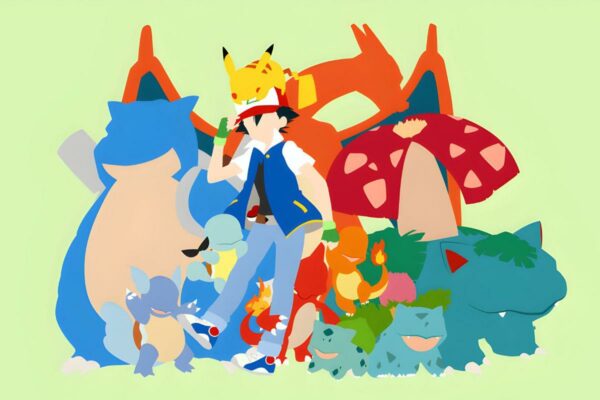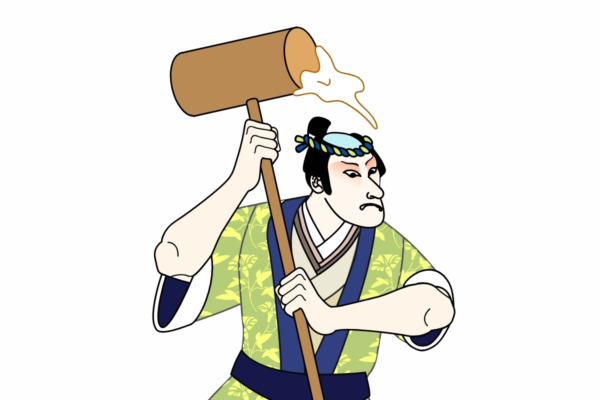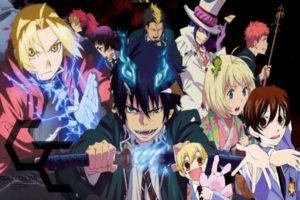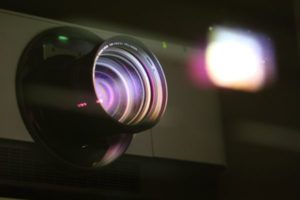One of the main themes of the sci-fi genre concerns the human race getting taken over by Artificial Intelligence. Given that machine learning is now a genuine possibility, who knows when robots will learn to perform things people do better, more accurately, and without all the baggage? Whether we will be replaced or integrated with AI remains to be seen.
However, when you step back even just a little, you’ll see how far technology has come so quickly. We are only a decade and a half removed from the age of flip phones, dial-up internet, and chunky desktop computers. Back when touching grass was more of a reality than a meme, it was hard to imagine that these days, you can meet your friends and coworkers by entering a computer, using virtual reality.
Inspecting the rise of technology through this lens makes the creation of the Tron universe, as a whole, that much more impressive.
The Tron Metaverse

Tron made virtual reality cool before Mark Zuckerberg did. The concept of entering a computer (non-physically in this sense) was the primary theme of the underrated Disney title. Tron is about humans being transported into a computer, interacting with each other and computer programs in a digital world. The name “Tron” came from a program that saved the digital and real-world from a sentient program.
It is mighty impressive, considering these concepts were conceived in 1982. For reference, computers were only being introduced to the public during these times. During the year prior, the BBC was still trying its best to educate adults about the world of computers. You can say that the very idea of Tron was decades ahead of its time, whether in concept or theme.
Tron Uprising: A New Hope
The world of Tron, called the Grid, is similar to the earth we live on today. The inhabitants of the digital world may be broken down into two groups: Users and Programs. Programs are developed by their creators utilising custom-written computer code. Little do they know that these Programs are sentient beings who revere them as their gods.
Beck, the youthful protagonist and hero of the story, is one of these Programs. The plot centres on the young hero’s journey to stop Clu, a program that happens to be a copy of the Creator’s. Clu’s original purpose was to maintain harmony on the Grid, but with its consciousness and awareness came its obsession with absolute power. Eventually, he seized the armies and took over the whole digital world.
Luckily, he has none other than Tron, the mythical warrior of the Grid, to train and mentor him to lead the Renegade, his army. Beck is a young, bashful, and impulsive warrior with much self-doubt. Given this characterisation, Tron came at the perfect time to take him under his wing, following in his footsteps in defending the digital world as they know it.

Beck has a tremendous training arc throughout the show’s 19 episodes. Throughout the show, everything that happens to him reflects his maturation as a warrior and a leader. Whether it is combat skills or techniques to pilot the light cycles to their fullest potential, each episode adds another facet to Beck’s transformation as the newfound Grid hero.
General Tessler, a disciple of the evil Clu, is the story’s primary antagonist. He acts as its de facto leader of Argon City, located on the Grid, spreading propaganda that attacks Beck and the Renegade. He creates an army – a counteroperation – and even convinces Beck’s friends that he is the bad guy.
Between conflicts with his friends, having his memories stolen, being in battle royales with super soldiers, various blackmailing, and scenarios that challenge his morality, Beck’s journey forges him into the new revolution’s leader.
Cliffhanger off the Grid
At the story’s conclusion, after a conflict that leaves him fatally wounded, Tron unexpectedly gives himself over to Clu’s control. Tron could be cured, but only at the cost of becoming evil, by using Clu’s new weapon: a portable repurposing machine to reprogram all residents to serve him.
Fans are left hanging after the series finale, with Beck rescuing Tron, destroying the weapon, and the menacing Clu making an appearance.
And that is it. Tron: Uprising’s long-winded build-up towards this climax, which seems like more of a set-up for an action-packed second season, ends with our hero saving his mentor, as well as setting up a possible showdown with the show’s big boss.
Will Tron: Uprising return?
So just what happened to Tron: Uprising? The painful truth is that Tron, as a whole, is just not that popular a franchise.
Given the budget placed into Tron: Uprising, it is unfortunate that the budget did not (supposedly) meet fan expectations. There was no denying the quality of the animation, with its fleshed-out environments and killer action sequences. You would think it was a Martin Scorsese film with cinematic images of the citizens and landscapes; futuristic vehicles add a flair Elon Musk wished he had in his Tesla vehicles. The CGI was also groundbreaking, with unique character models designed by the people behind Gorrilaz music videos.
Given the high production quality of the show, this came as a bit of a surprise. As a result, controversy surrounded the rise and fall of Tron: Uprising, with the producers accused by diehard fans of deliberately tanking its viewership and ratings on purpose. The show’s broadcast was rescheduled multiple times, without any advertising, to accommodate other programs that Disney felt were more in line with its younger demographic and audience. Its reception was not publicised by Disney XD, even if Tron: Uprising is a canon series that is both a direct sequel to the original Tron and an essential part of the Tron universe. All this led to its eventual cancellation and non-renewal for a Tron: Uprising Season 2.
Although not a flop, its sequel, Tron: Legacy, was only a lukewarm success. Even if its box office earnings more than doubled its allotted budget, it only garnered mixed reviews from critics. This turned into the following domino effect: Tron releases, the reception was average at best with no proof of ratings to back it up, the merchandise was not sold as expected, investors were not pleased, and no more Trons were made as an investment.
The theme with Tron and its releases as a whole is even if its visuals and music are top-notch, every other component is just bang average: its story, characters, actor performances, and the like. Maybe its audience is a vocal minority, one giant echo chamber for a genre and style far too niche. Whatever the case, watchers of the sci-fi spectacle were not just given much to latch onto aside from snazzy visuals. A fresh coat of paint can only take a franchise so far.









